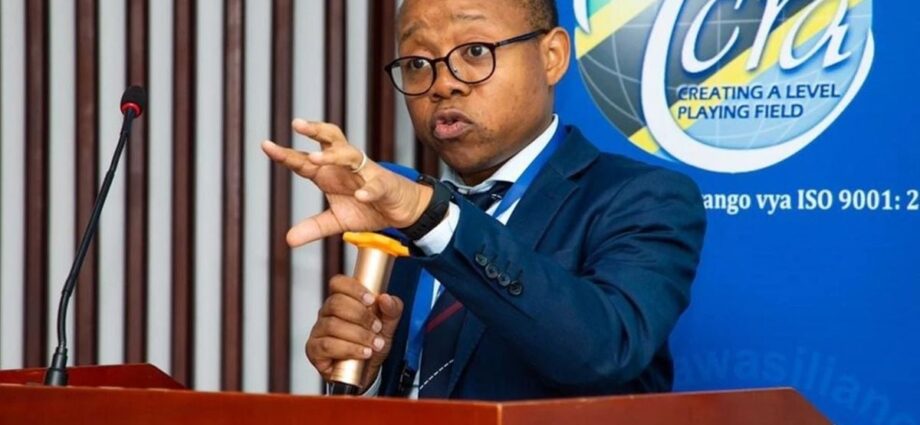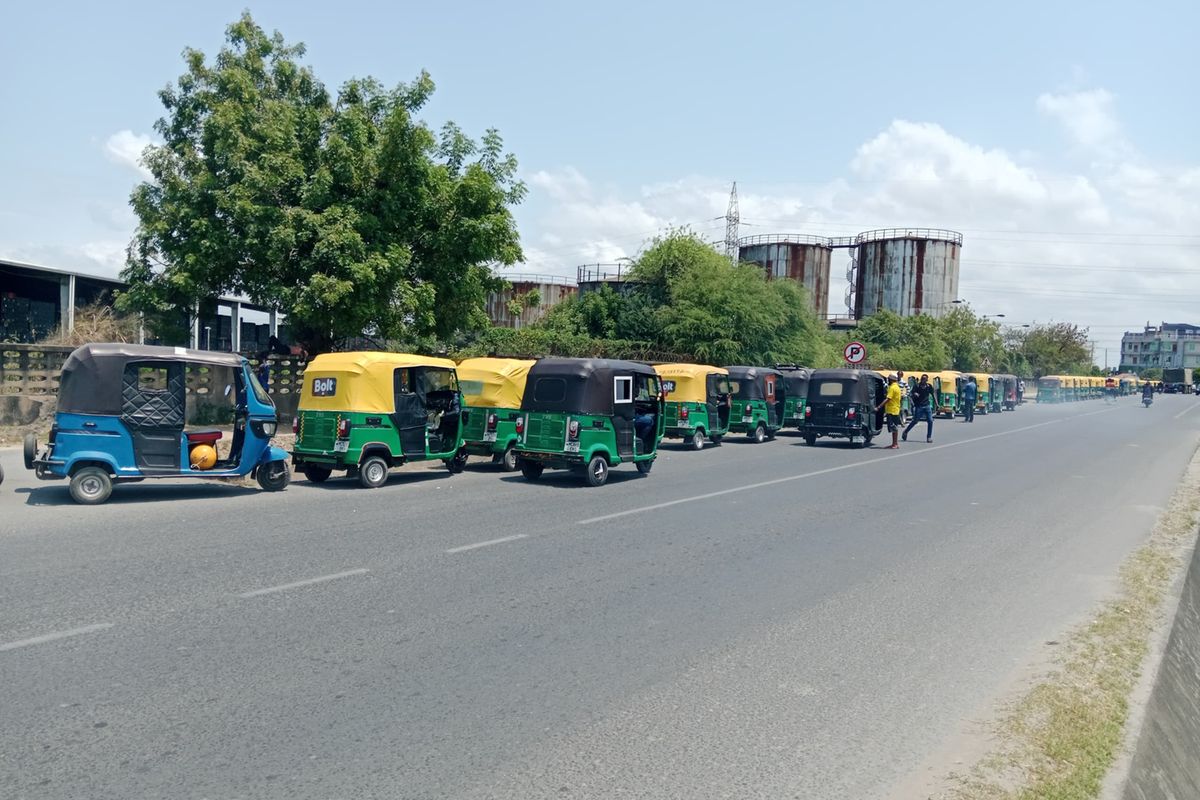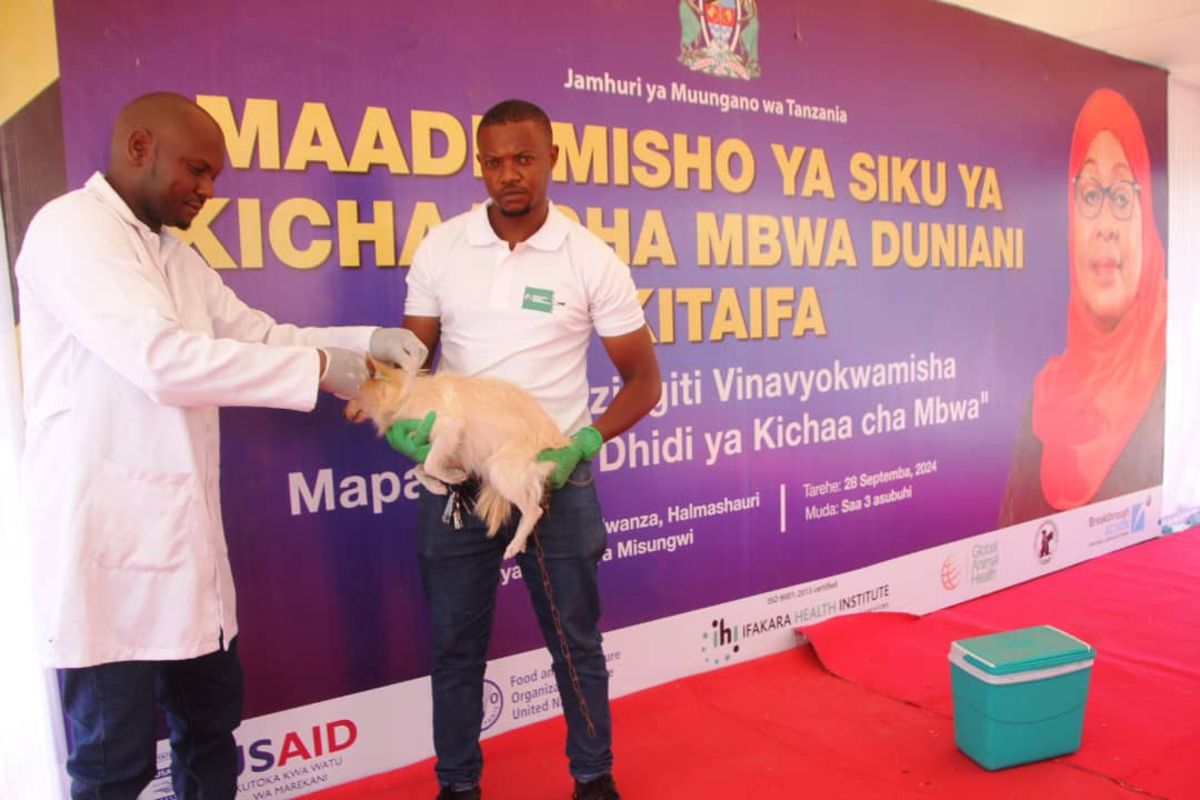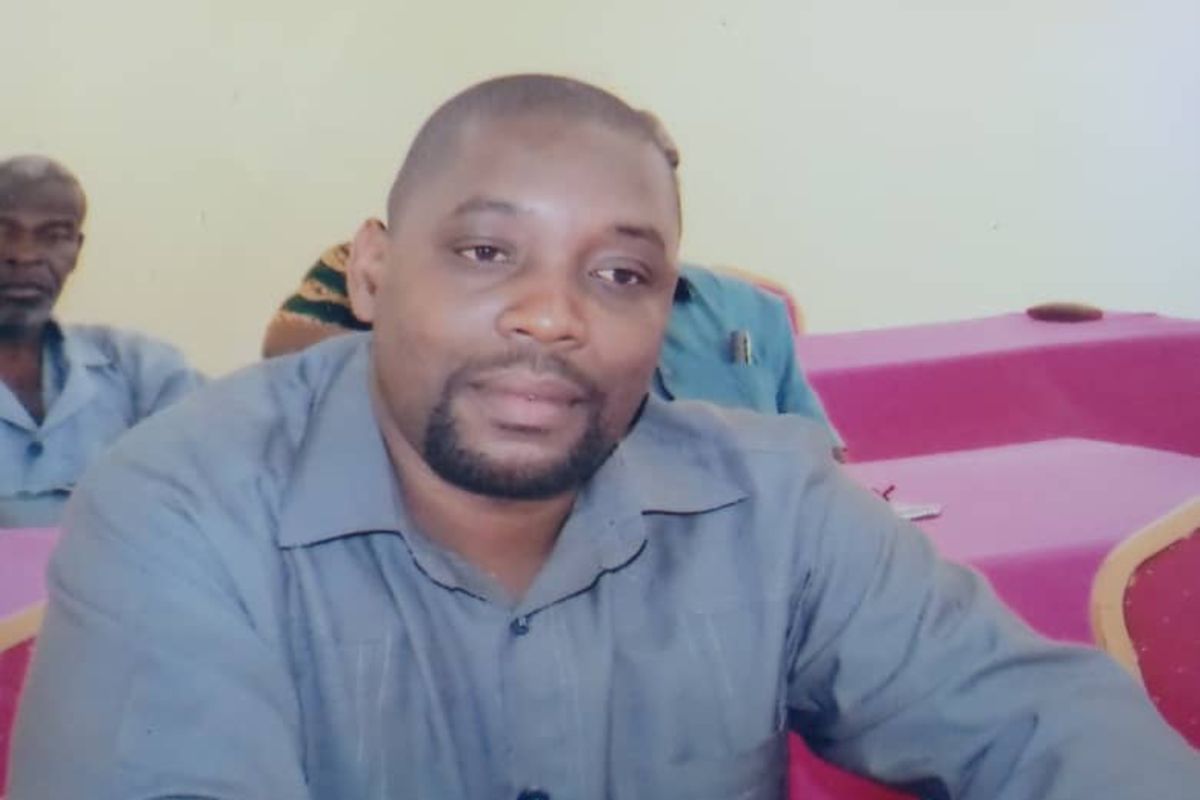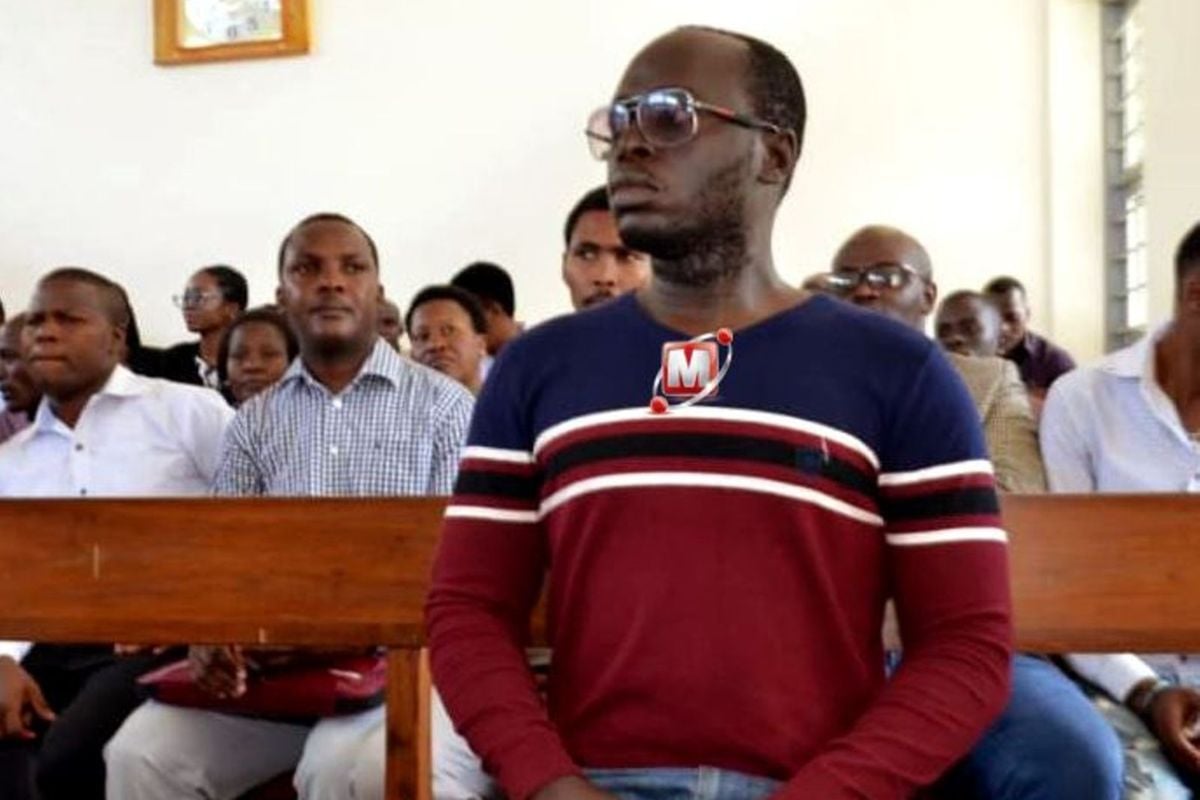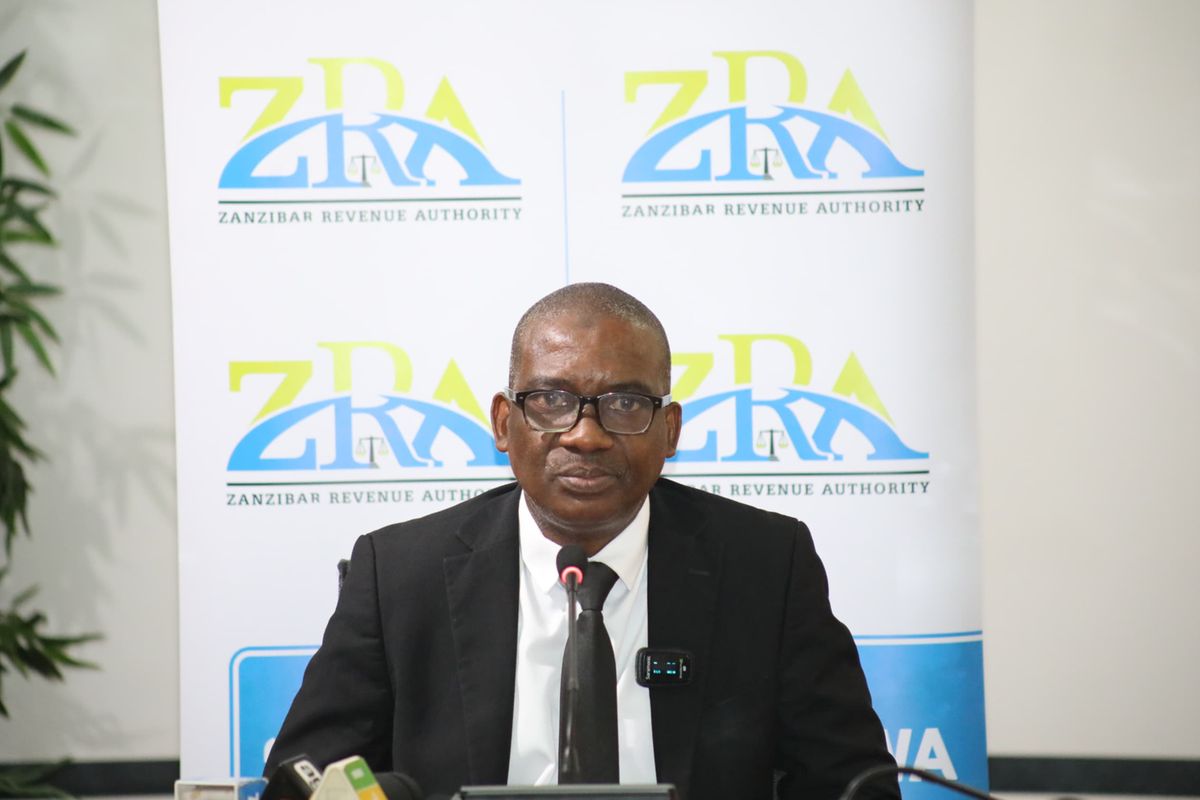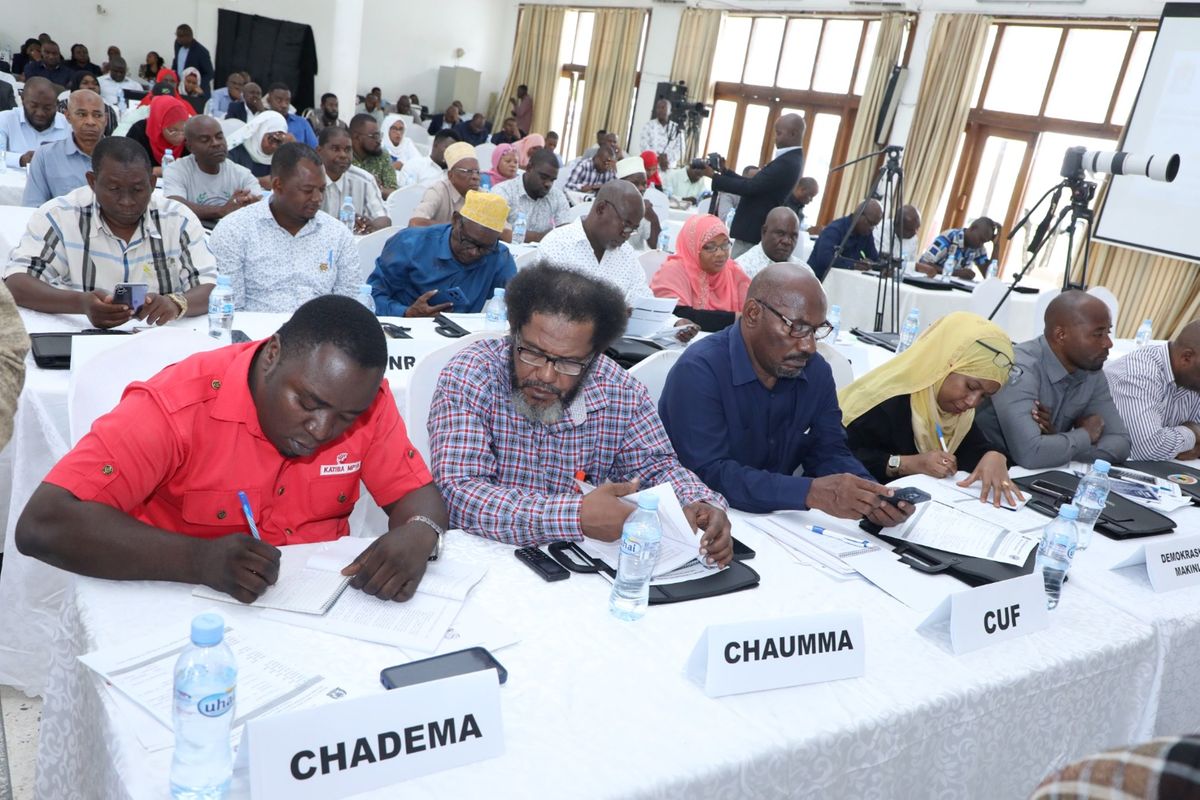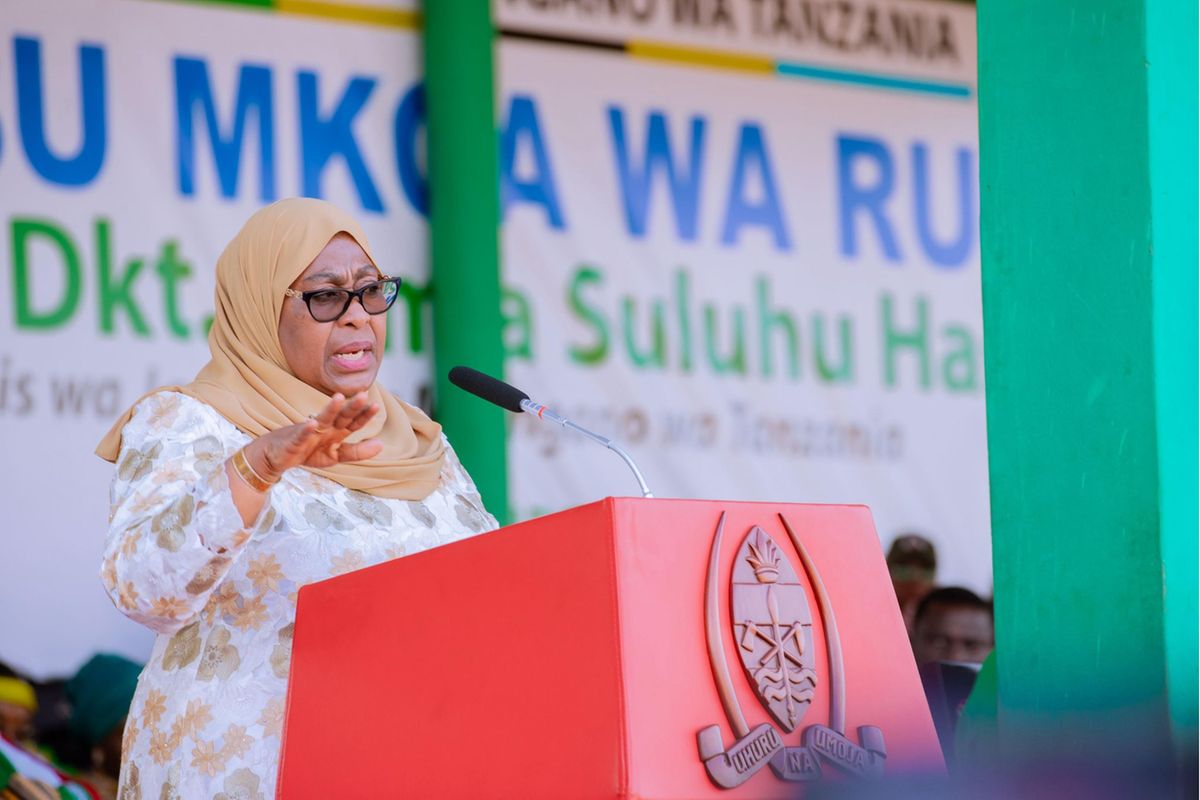Tanzania suspends Mwananchi Communications online publications over ‘prohibited content’
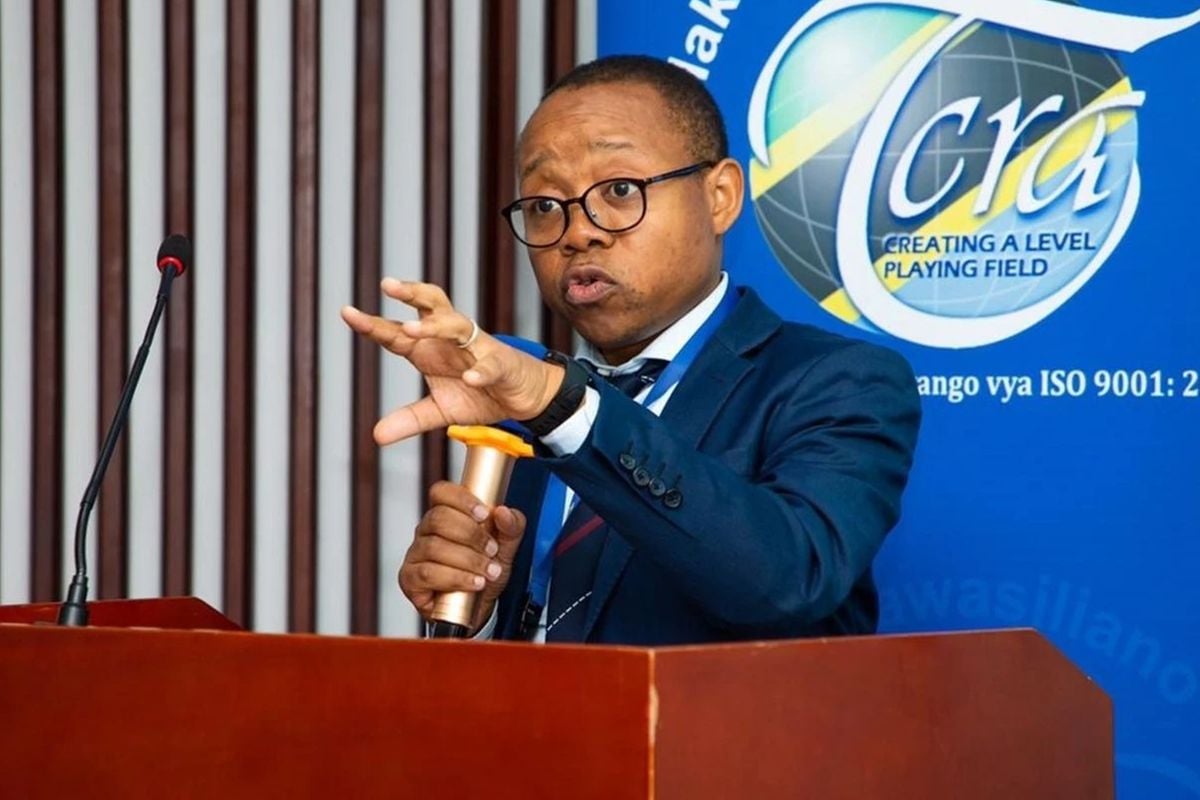
Tanzania has suspended online publications of Tanzania’s Mwananchi Communications Limited over what it termed as publication of “prohibited content”.
The Tanzania Communications Regulatory Authority (TCRA), the government body that regulates the electronic and postal communication services, issued an order suspending the provision of “online media services” of Mwananchi Communications Limited (MCL) for 30 days.
As a result, the affected products —The Citizen, Mwananchi Digital, Mwananchi and Mwanaspoti — will not be available online for the prescribed days.
“On October 1, 2024, Mwananchi Communications Limited published an audio-visual content in social media platforms, content that is prohibited… Further the published content threatens and is likely to affect and harm national unity and social peace of the United Republic,” said TCRA’s Director-General Jabiri K. Bakari in a statement.
He added: “Notice is hereby given to the general public that, following the publication of the prohibited content, which is a violation of the law, TCRA has suspended the Online Medial Services Licences issued to Mwananchi Communications Limited t/a The Citizen, Mwananchi Digital, Mwananchi and Mwanaspoti and ordered it to suspend provision of online media services in the United Republic of Tanzania for a period of thirty (30) days from the date of this notice, pending other regulatory actions being undertaken.”
The suspension took effect immediately.
MCL posted messages of compliance on all its websites and social media pages, reiterating its commitment to resolving the matter with the regulator.
“Mwananchi Communications Limited (MCL) remains committed to delivering exceptional journalism that empowers the nation. We will continue to serve you, our esteemed readers, through our daily print editions, and other non-online products and offerings as we engage the regulators on a way forward,” MCL said in a notice to its audience.
MCL is a publication of the Nation Media Group.
The ‘prohibited content’ relates to an animation that MCL shared on The Citizen’s social media accounts regarding recent abductions and kidnappings in Tanzania. It prompted the regulator to shut down on all the company’s digital platforms.
“In accordance with Regulation 16 of the Electronic and Postal Communications (Online Content) Regulations 2020, the licensee is required not to publish prohibited content that include: content that is against the public order, content that aimed to ridicule and harm the reputation, prestige and status of the United Republic,” read the TCRA statement.
According to the Tanzanian Electronic and Postal Communications (Online Content) Regulations, 2020, “a person shall not publish any prohibited content as set out in the Third Schedule.”
Further, the regulation states: “A person shall not render, possess or distribute technology, programme, application or any other related thing that allows or helps users to have access to prohibited content.”
The law does not, however, define the criteria for determining what constitutes a violation.

